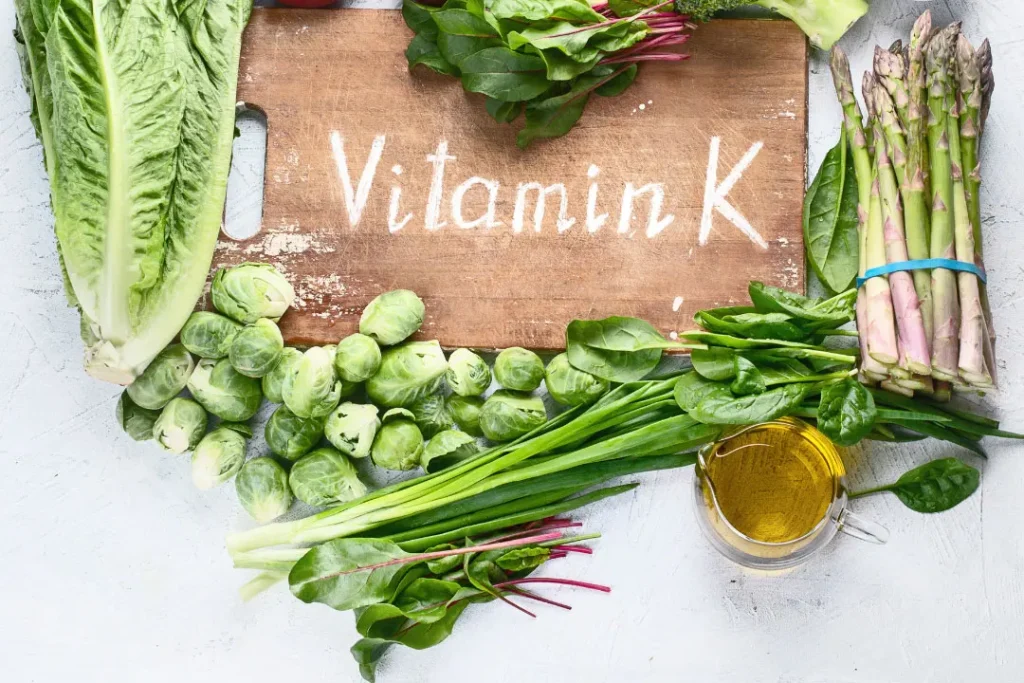Chives are a vegetable, also known by the name of Allium schoenoprasum. Chives are members of the Allium genus, a genus which includes the widely used vegetables garlic and onions. Chives have a milder taste than most garlic and onion varietals, yet they provide a one-of-a-kind mix of culinary diversity and possible health advantages. Chives have a long history of use in a broad variety of cuisines across the globe. These days, people like you are increasingly valuing Chives for their nutritional and therapeutic contributions, some of which this article will delve into and explore with you.
You May Also Like:
Capers: Benefits, Dosage, Side Effects, Drug Interactions, and Other Important Information
Aconite: Benefits, Dosage, Side Effects, Drug Interactions, and Other Important Information
Chives: Benefits, Dosage, Side Effects, Drug Interactions, and Other Important Information is an original (NootropoicsPlanet) article.
The Nature of Chives
Chives are perennial plants. They have thin, green branches, that are modestly sized, and have brilliant purple blossoms. Chives are sometimes also called garlic Chives. Chives have a wide range of useful chemicals for your health, some of which include antioxidants, vitamins, and minerals. They additionally contain some dietary fiber, which is great news for your gut health.

Health Benefits of Chives
People who regularly and mindfully consume Chives experience a variety of positive health effects, the majority of which due to the high nutritional value and bioactive chemical content of the herb.
Chives possess health benefits for your heart and blood vessels. The organosulfur compounds in Chives, most notably allicin, may help reduce your cholesterol and blood pressure. The reduction of these activities may, in turn, reduce the chance of you developing cardiovascular disease.
Chives are an excellent source of vitamin K, which has been shown to play an important part in maintaining bone health. There is a correlation between getting enough vitamin K in one’s diet and having a decreased risk of bone fractures. Vitamin K is necessary for blood clotting, bone density, and bone metabolism, while vitamin C is superb for maintaining a healthy immune system, good skin integrity, producing collagen, and acting as an antioxidant. Chives are packed with a plethora of beneficial elements, including potassium, calcium, and iron, amongst others.


Chemistry of Chives
Chives have an abundance of sulfur-containing compounds. Allicin is one such compound, and it is a chemical generated enzymatically from alliin. These chemicals are present when the tissues of Chives are injured, such as when they are bitten or chewed. Scientists think that this organosulfur component is the key factor responsible for the beneficial effects of Chives on your health.
Physiological Mechanisms of Action
The health advantages of Chives may be linked, in large part, to the bioactive chemicals found in Chives as well as the interactions those compounds have inside the body. However, the exact processes are complicated and may include several routes; hence, researchers require further study in this field.
There is some evidence that allicin may help reduce your cholesterol and blood pressure, two major risk factors for contracting cardiovascular disease. Allicin may block the action of specific enzymes that are involved in the manufacture of cholesterol, while at the same time, it can promote vasodilation, lowering blood pressure.
The Prevention of Cancer: The antioxidants in Chives, which include vitamin C, assist the body in getting rid of possibly cancer-causing free radicals, which in turn lowers the chance of getting cancer. Damage to cells caused by free radicals may be oxidative, which can lead to mutations, potentially lead to the development of cancer.
Optimal Dosage of Chives
Chives are more often used in culinary applications rather than as dietary supplements; hence, there is no established or suggested dose for their use. Nevertheless, adding Chives to one’s diet, either as a garnish or as a taste enhancer, may help to increase the amount of nutrients that are consumed overall.
Side Effects of Chives
Chives are usually considered to be safe for human consumption; nevertheless, when ingested in high quantities, they have the potential to induce stomach discomfort in certain people. Chives may cause skin rashes, itching, or respiratory problems in those who are allergic to them; however these reactions are rather uncommon.


Potential Substance Interactions with Chives
Chives contain a modest quantity of vitamin K, a nutrient that has the potential to interact with blood-thinning medications such as warfarin and reduce the effectiveness of the treatment. Before considerably increasing the amount of Chives or any food that is high in vitamin K that they consume, if you are a part of the group of those who are taking these types of drugs, you should discuss the matter with their primary care physician.
Responsible Use of Chives
Although Chives may have a number of positive effects on one’s health, they should not be depended on as your sole source of nutrients or health benefits; rather, they should be integrated into a diet that is both diverse and well-balanced. As is the case with making any kind of adjustment to one’s diet, people should be in contact with a healthcare professional before doing so, especially if they are subject to certain dietary restrictions or are taking drugs that may interact with Chives. Chives provide an enticing combination of beneficial properties for one’s health as well as a wide range of applications in the kitchen.


Chives: Conclusion
Chives can be a tasty and lively addition to a variety of dishes and styles of cooking from around the world. Nutritionally speaking, Chives have a wide range of compounds that support bone health, fighting cancer, skin health, and more. Generally, there are little to no side effects of consuming Chives, but please be sure to take into consideration the advice of your trusted health care professionals as well as medications you already take when considering its use as a dietary supplement. Hopefully, this article has helped you perceive Chives as more than a cousin to onions and garlic as well as a delicious way to promote your health.
References:
- Chive – Uses, Side Effects, and More. Retrieved From: https://www.webmd.com/vitamins/ai/ingredientmono-403/chive
- What are the health benefits of Chives. Retrieved From: https://www.medicalnewstoday.com/articles/275009
- Chives (Allium schoenoprasum). Retrieved From: https://dsps.lib.uiowa.edu/roots/Chives/
Important Note: The information contained in this article is for general informational purposes only, and should not be construed as health or medical advice, nor is it intended to diagnose, prevent, treat, or cure any disease or health condition. Before embarking on any diet, fitness regimen, or program of nutritional supplementation, it is advisable to consult your healthcare professional in order to determine its safety and probable efficacy in terms of your individual state of health.
Regarding Nutritional Supplements Or Other Non-Prescription Health Products: If any nutritional supplements or other non-prescription health products are mentioned in the foregoing article, any claims or statements made about them have not been evaluated by the U.S. Food and Drug Administration, and such nutritional supplements or other health products are not intended to diagnose, treat, cure, or prevent any disease.
